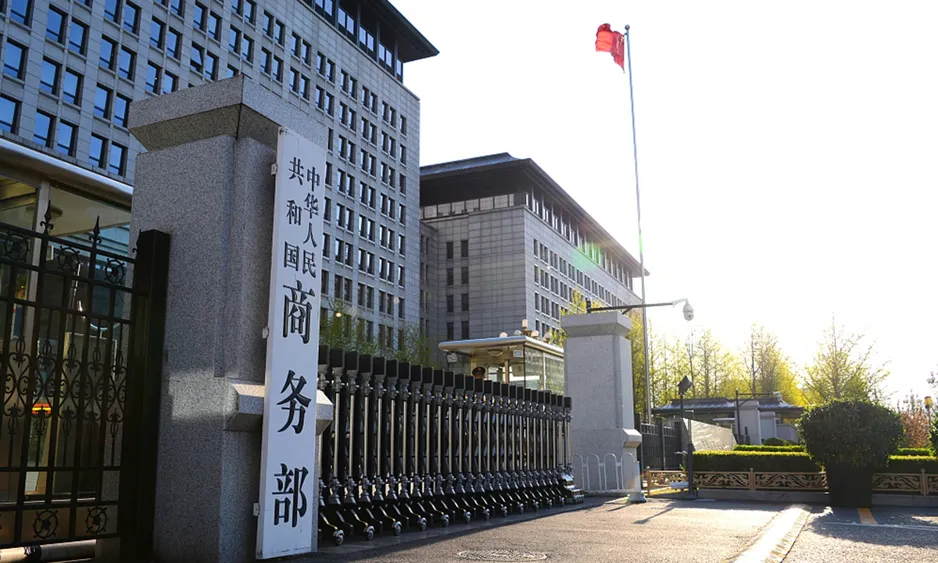China Sues Canada at WTO Over Steel Import Restrictions

China has initiated legal action against Canada at the World Trade Organization (WTO), challenging the recent imposition of steel import restrictions. The Chinese Ministry of Commerce (MOFCOM) announced this development, asserting that such trade barriers contravene established international trade regulations and adversely impact China's economic interests.
A spokesperson from MOFCOM highlighted that Canada's implementation of steel tariff rate quotas and the discriminatory tariffs on products containing 'Chinese steel components' blatantly disregard WTO rules. These protectionist measures not only infringe upon China's legitimate trade rights but also threaten the stability of global steel supply chains.
Expressing strong discontent, China urged Canada to rectify these practices promptly, affirming the need to adhere to a rules-based multilateral trading system. They emphasized the importance of fostering improved economic and trade relations between China and Canada.
Canada's Department of Finance recently stated that, in response to new US tariffs on steel along with issues of global steel overproduction, it would expand the scope of tariff rate quotas for steel imports and tighten existing quotas, effective from August 1. Imports exceeding these quotas will incur surtaxes, with a 25 percent surtax on all non-US imports that include steel melted and poured in China.
The MOFCOM had previously articulated its strong dissatisfaction with Canada's restrictive measures on steel imports, emphasizing that these actions violate WTO regulations and disrupt the international trade landscape, further characterizing them as exemplifying unilateralism and protectionism.
Zhou Mi, a senior research fellow at the Chinese Academy of International Trade and Economic Cooperation, criticized Canada's approach, stating that it failed to follow appropriate WTO procedures to conduct investigations or gather evidence. He argued that the unilateral nature of Canada's tariffs lacks legal validity within the framework of international law.
Zhou further asserted that if Canada genuinely believes there are concerns with Chinese steel products, it should thoroughly investigate and communicate with appropriate Chinese companies and government bodies prior to reaching any conclusions. He underscored that such procedural adherence is a fundamental responsibility of all WTO members.
In light of the lawsuit, Zhou noted that China's decision is aligned with the core interests of businesses and market dynamics. He confirmed that investigations were conducted in line with established procedures tied to anti-dumping applications from enterprises, while maintaining open lines of communication throughout the process.
Since last year, Canada has increasingly mirrored the United States in enforcing trade protectionist measures against China, which has prompted significant dissatisfaction and strong opposition from the Chinese government.
In conclusion, China's legal challenge at the WTO marks a critical juncture in international trade relations, particularly as tensions heighten amid ongoing disputes over trade practices and tariffs.
Read These Next

Cayman Islands Cuts U S Treasury Bonds to 442 7 Billion
Cayman Islands' U.S. Treasury securities fell by $300M in July, totaling $442.7B, affecting investor sentiment and market trends.

Weili Medical's Strategic Shift in Executive Compensation
Guangzhou Weili Medical Instrument Co., Ltd. has updated its compensation management measures for board members and senior executives, focusing on performance-based incentives and enhancing governance transparency.

Yiwu Embraces AI to Transform Small Commodities Manufacturing
Yiwu's wholesale market adopts AI, boosting sales and showcasing China's tech progress in global trade and manufacturing innovation.
